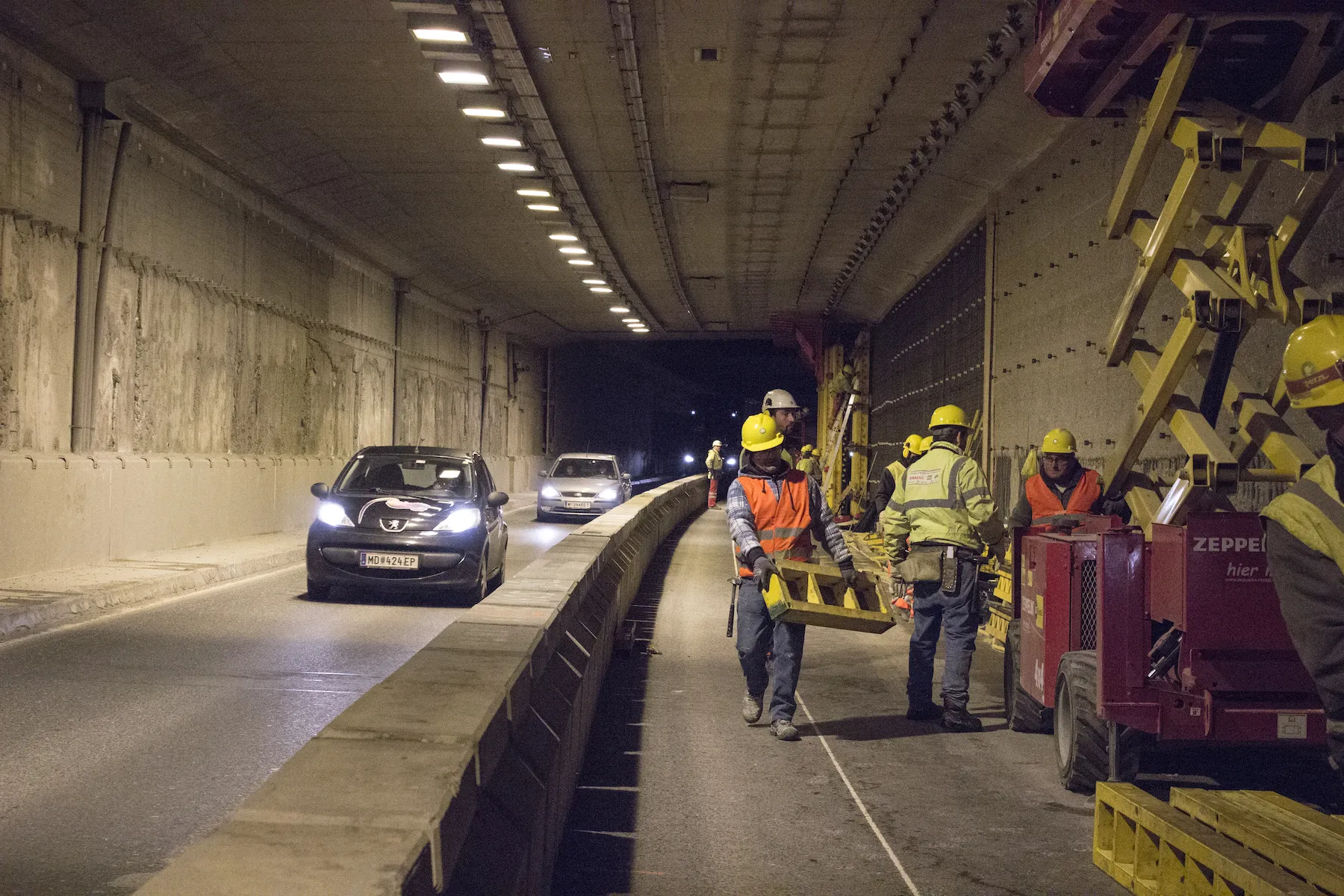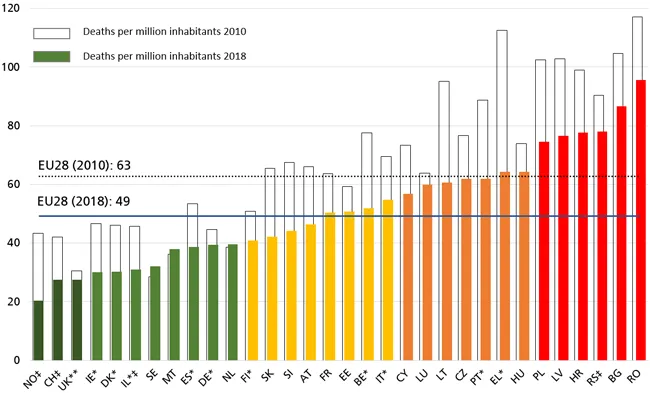The European Union is set to co-finance with over €2.2 million from the TEN-T Programme a series of studies aiming to help realise the European Electronic Toll Services (EETS) on a cross-border regional scale.
The studies, selected for funding under the 2012 TEN-T Multi-Annual Programme, specifically cover the electronically tolled primary road network of seven Member States (Austria, Denmark, France, Germany, Italy, Poland and Spain) plus Switzerland (receiving no EU support). It aims to deploy EETS on th
February 4, 2014
Read time: 2 mins
The 1116 European Union is set to co-finance with over €2.2 million from the TEN-T Programme a series of studies aiming to help realise the European Electronic Toll Services (EETS) on a cross-border regional scale.
The studies, selected for funding under the 2012 TEN-T Multi-Annual Programme, specifically cover the electronically tolled primary road network of seven Member States (Austria, Denmark, France, Germany, Italy, Poland and Spain) Plus Switzerland (receiving no EU support). It aims to deploy EETS on the ground, taking into account the perspective of full European coverage.
Two main phases of work will be an analysis of contractual, procedural and technical topics, in order to develop recommendations and solutions that can facilitate the introduction of EETS; and the deployment of an open information platform that covers all the participating countries and a pilot demonstration of EETS compliant services covering a selection of the supporting countries
The studies will be monitored by the Innovation and Networks Executive Agency (INEA) and are set to be completed by the end of December 2015.
The studies, selected for funding under the 2012 TEN-T Multi-Annual Programme, specifically cover the electronically tolled primary road network of seven Member States (Austria, Denmark, France, Germany, Italy, Poland and Spain) Plus Switzerland (receiving no EU support). It aims to deploy EETS on the ground, taking into account the perspective of full European coverage.
Two main phases of work will be an analysis of contractual, procedural and technical topics, in order to develop recommendations and solutions that can facilitate the introduction of EETS; and the deployment of an open information platform that covers all the participating countries and a pilot demonstration of EETS compliant services covering a selection of the supporting countries
The studies will be monitored by the Innovation and Networks Executive Agency (INEA) and are set to be completed by the end of December 2015.







